



The HOMA score provides insight into your insulin sensitivity and pancreatic function. Here's a general range to understand what your score indicates:
Use this as a guide to discuss your health with your healthcare provider, especially if your HOMA score suggests insulin resistance.






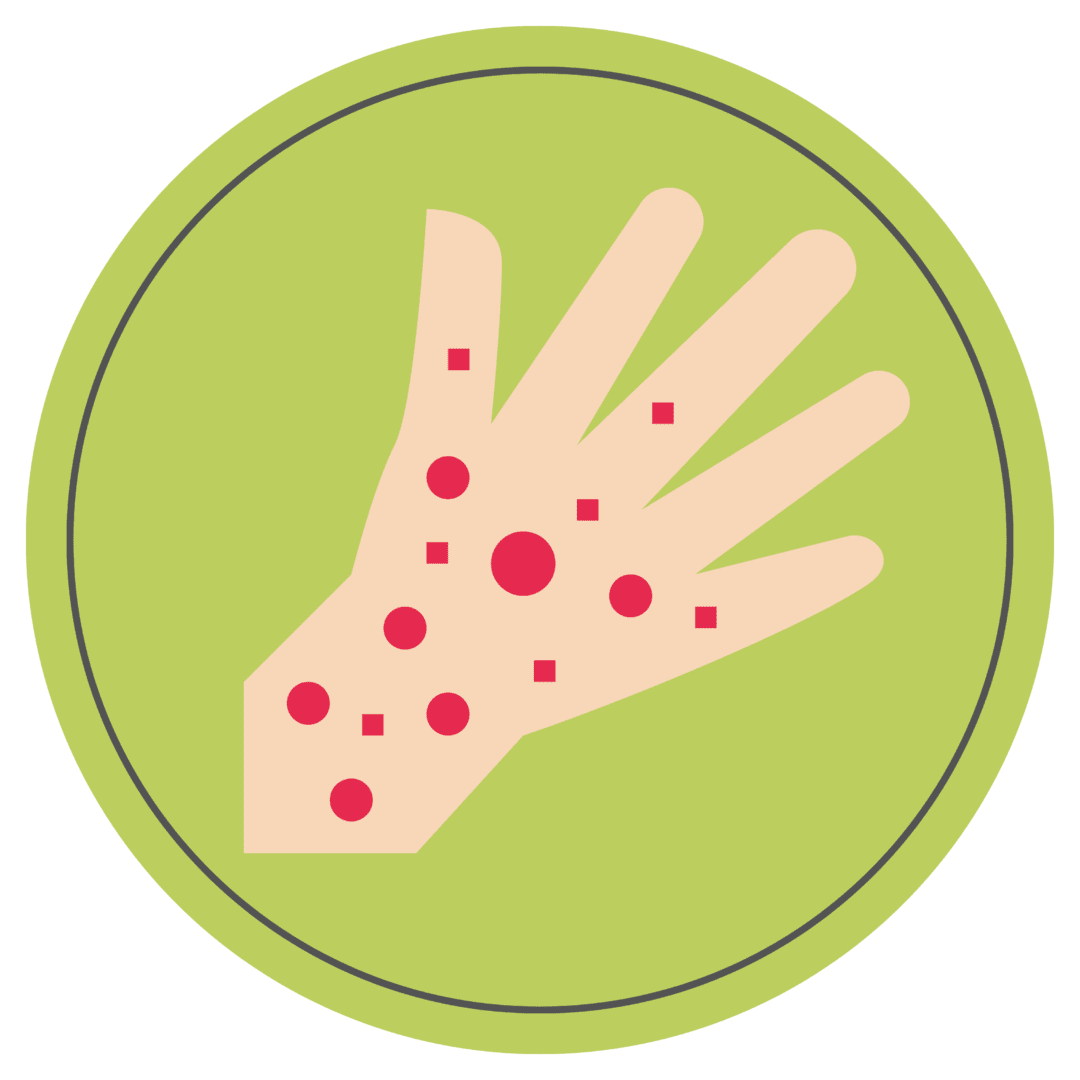
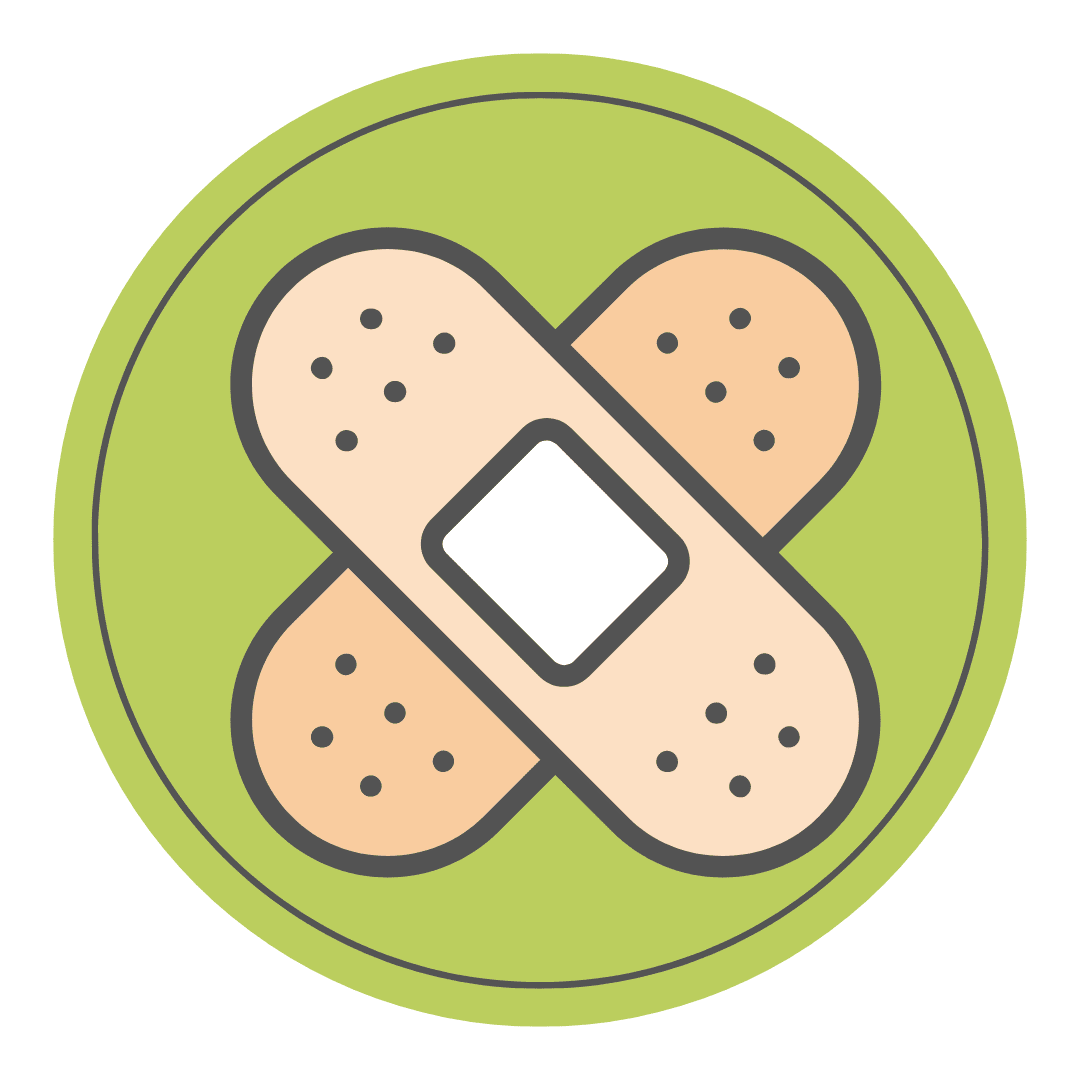
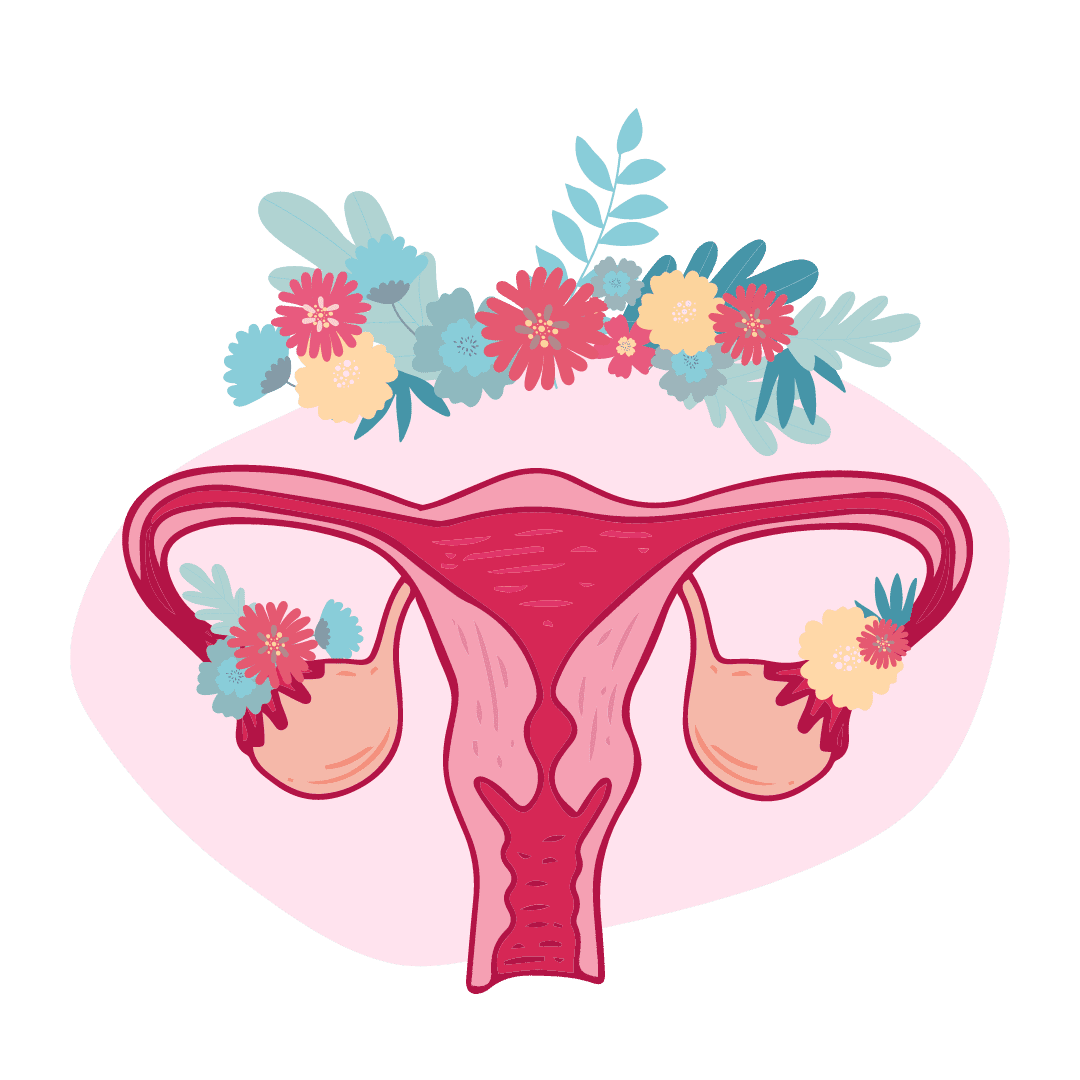
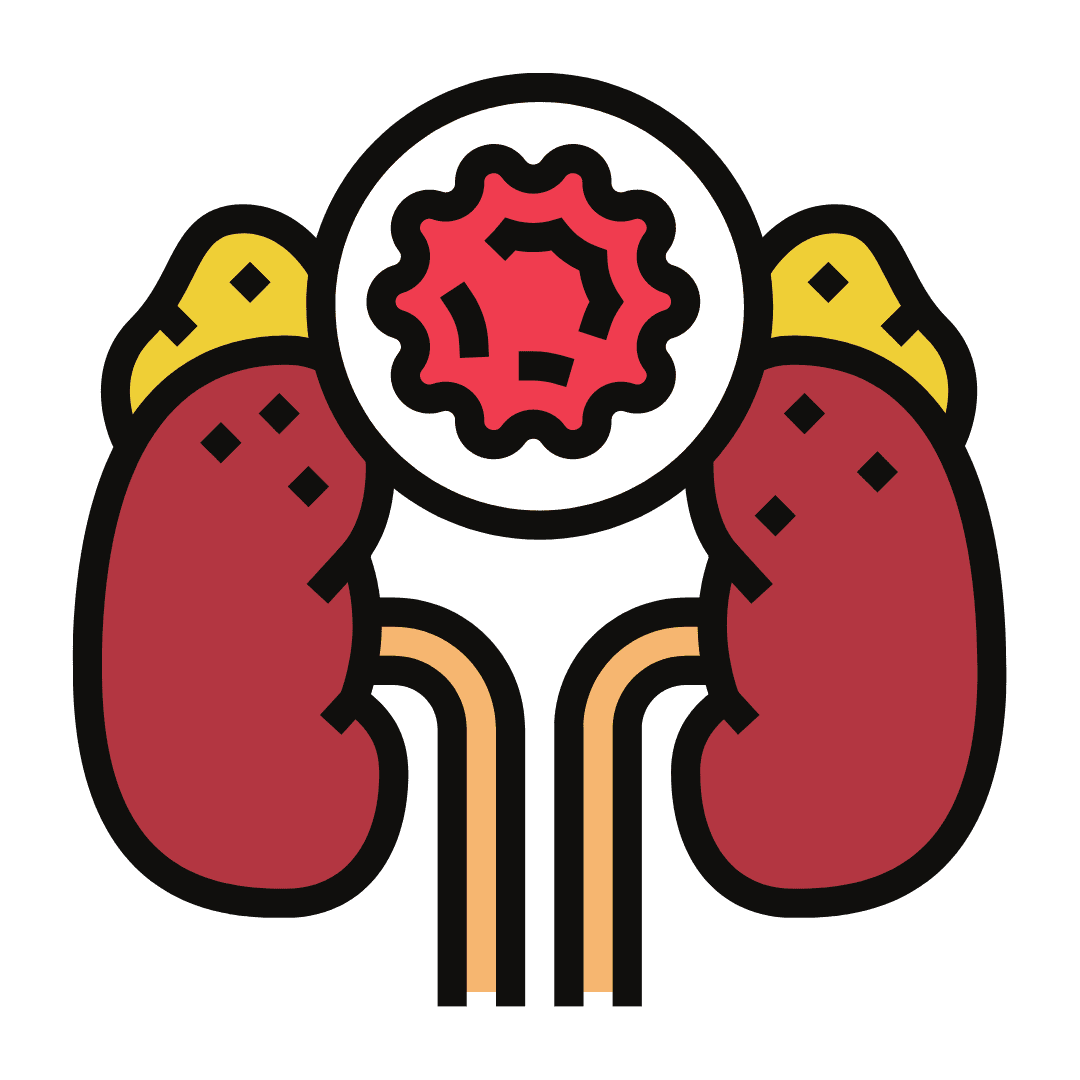
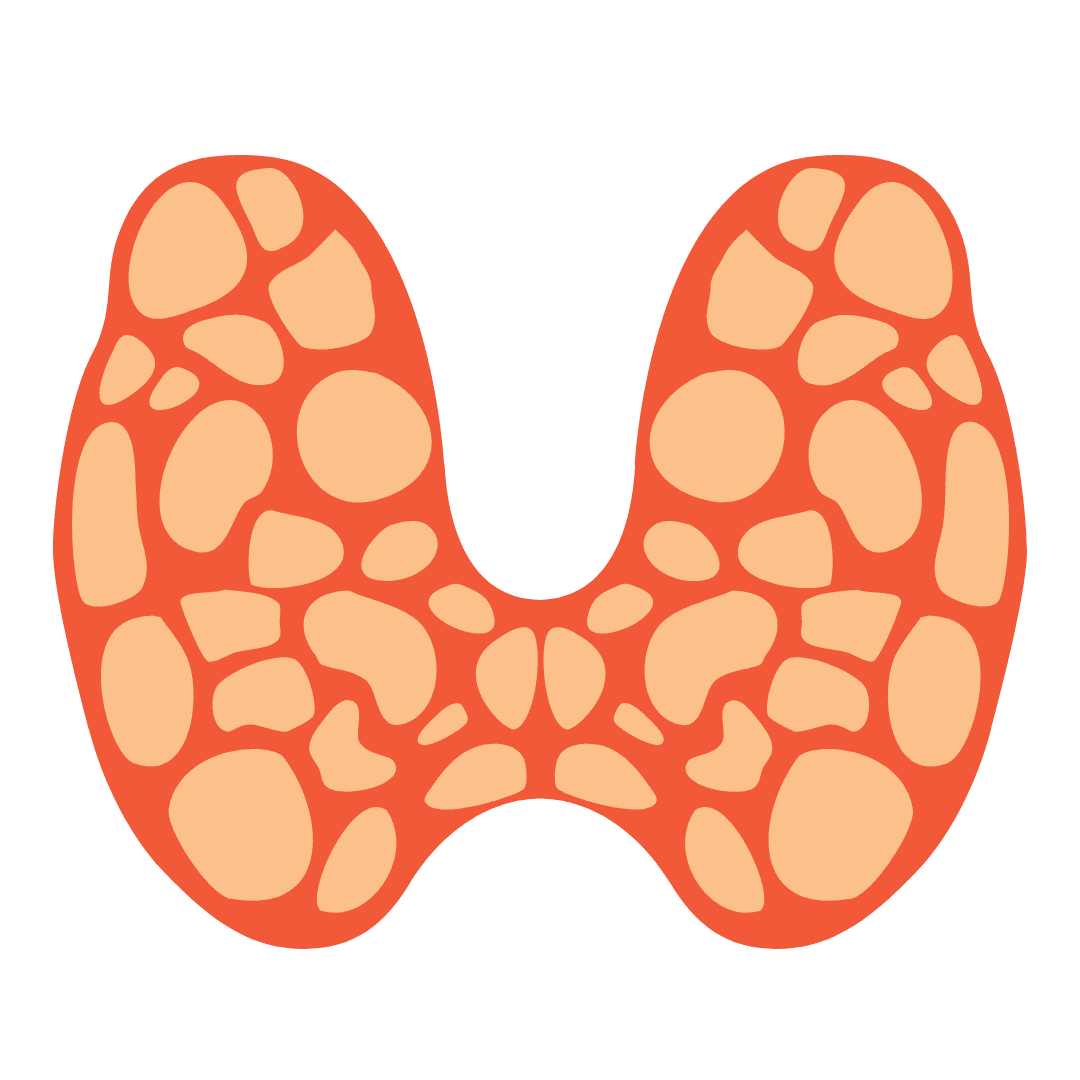
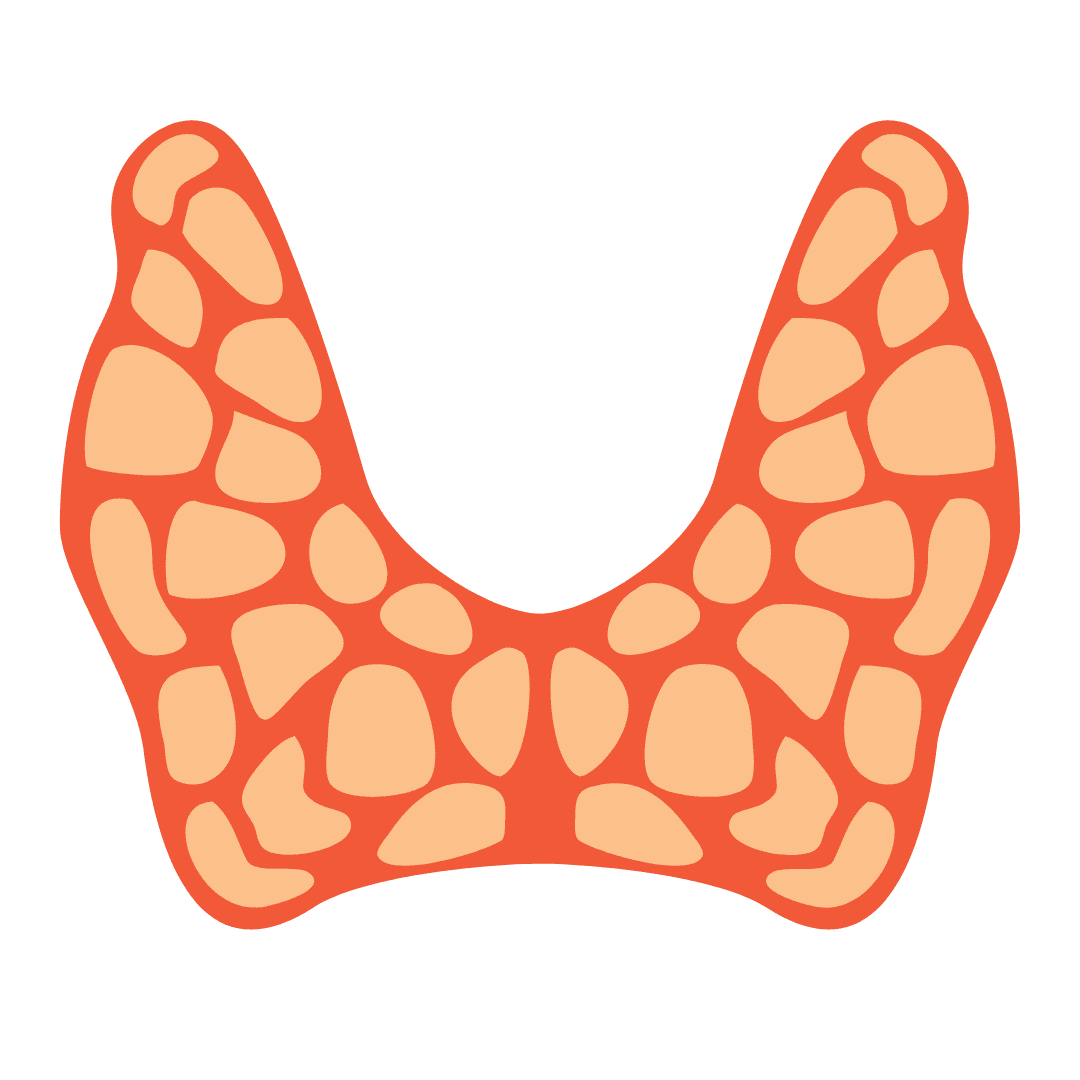

Acupuncture Session - $189.00
Acupuncture, Package of 4 - $636.00
Female Pellet Insertion Package - $518.00
Male Pellet Insertion Package - $744.00